Previous Works
PLAYS
Times Up and Other Plays
Times Up
Fox, Hound, and Huntress
POETRY
Becoming Human
Wrestling with the Angel
NOVELS
Second Chances
NONFICTION
A Poetics for Screenwriters
The Understructure of Writing for Film and Television
(with Ben Brady)
The Death and Life of Drama
Reflections on Writing and Human Nature
LANCE LEE

UNIVERSITY OF TEXAS PRESS
AustinCopyright 2005 by the University of Texas Press
All rights reserved
Printed in the United States of America
First edition, 2005
Requests for permission to reproduce material from this work should be sent to:
Permissions
University of Texas Press
P.O. Box 7819
Austin, TX 78713-7819
utpress.utexas.edu/index.php/rp-form
LIBRARY OF CONGRESS CATALOGING-IN-PUBLICATION DATA
Library ebook ISBN: 978-0-292-79674-4
Individual ebook ISBN: 978-0-292-77805-4
DOI: 10.7560/705326
Lee, Lance, 1942
The death and life of drama : reflections on writing and human nature / Lance Lee1st ed.
p. cm.
ISBN 0-292-70532-8 (cloth : alk. paper)ISBN 0-292-70964-1 (pbk. : alk. paper)
1. Motion picture authorship. 2. Playwriting. 1. Title.
PN1996.L387 2005
808.2'3dc22
2004027264
to my wife, Jeanne
and to John Matthews, mentor
Contents
O FTEN I ask screenwriters, Why not abolish the entire film and dramatic enterprise which consumes billions of dollars a year and endless hours, to say nothing of the money involved in related industries, and use all that money, time, and effort for the elimination of poverty, say, in Africa? Or Appalachia? Why not take all that money and invest it in the elimination of a particular killer disease? Wouldnt that be morally better and a far more humane activity than writing another screenplay or producing another film? Wouldnt relieving the suffering of one child be reason enough to abolish an industry whose only widely accepted function is entertainment? To their credit a few writers in a given discussion group vote to do just that.
Most do not, although even the arguments offered after we get past easy and cynical responses are unconvincing. One response that emerges repeatedly is that abolishing the film and entertainment industry for these purposes wouldnt work: creating drama and all that entails by way of production and dissemination would start again from the ground up. There is something necessary about this creative activity, hard as it may be to put that necessity into words.
The nature of that necessity certainly cannot be found by writing another screenwriting manual or reviewing the literature within the field. Drama, which includes the continual creation of new dramas, occupies so pervasive a position in our culture and one so caught up within the argument modern culture is having with itself that to understand its role demands perspectives that go beyond those discussed within the field into broader cultural, psychological, and philosophical areas. This is also true for understanding what we must do when we believe we are caught up in purely technical writing problems, for a continuous theme here is how dramatic structure roots in psychic structure.
These reflections led me to adopt the more personal essay style. This does not imply these are essays of aesthetics or criticism. I hope writers will get as much real use out of these essays as any more traditionally specialized text, for the goal is to give them a better understanding of what the various technical tools they use are for. Much of what is offered here has grown from reflection based on long experience as a writer and teacher, although any necessary documentation is given in the notes.
I use the term drama broadly, applying drama equally to stage and film. And like the ancient Greeks, I include comedy within drama as one of its two great divisions in treating human nature and experience. Tragedy may have its suffering mask, comedy its laughing, but if we look at traditional renderings we can find ourselves struggling to distinguish between the pain in either mask, just as in life it can be hard to tell tears of joy from tears of grief. Yet both are part of the great river of drama on which we so strongly float.
Including screenwriting as drama seems obvious on the face of it, although I suppose some dont realize writing drama for the stage or film is the same, allowing for the adjustments caused by using the different production mediums. A production medium makes for a variety in the art of drama but is not drama itself, not the exploration of the human spirit through the guise of dramatic action.
Beyond this, the dramatic impulse has moved powerfully to film in the last sixty years. If we reach for an illustrative dramatic example for some point we are making, we are far more likely to do so from a film than stage drama, including filmed versions of notable dramas such as the multitude of filmed versions of Shakespeare. Even in England the example reached for is far more likely now to stem from a filmed version of Shakespeare than ever before, with arguments over whether Olivier got Henry V right in Henry V or Branagh, in their film versions, or whether Olivier or Branagh got Hamlet right in their film versions.
I will think of this book as a success if the reflections offered here, however sure or tentative, spark further reflection and help some writer give a screenplay that extra dimension that ensures success and meaningfulness.


T HE title for this essay is taken from a chapter in Thomas Manns Magic Mountain where he reflects on some of the paradoxes we encounter in our experience of time. Nothing is more commonplace or harder to understand or more likely to make us feel we are in Platos cave watching shadows we confuse with reality. Often we feel a nagging sense, like Neo in The Matrix, that there is a truer reality above or below or beyond what we experience, and that if our immediate experience is an illusion so too is our perception of time, for that is inextricably bound up with our experience of reality. When time drags, experience drags. But it is not easy to say what makes time drag even in the case of dramatic action, which is just a special instance of our larger experience of time.


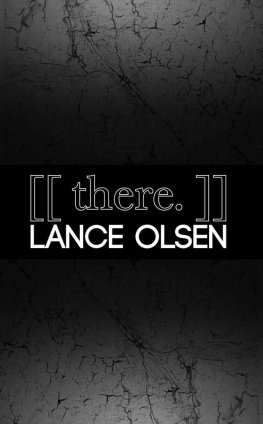

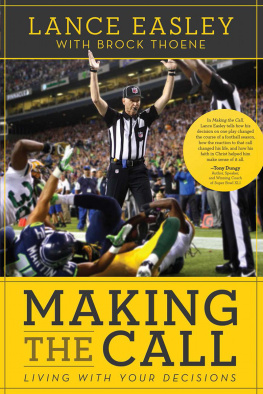
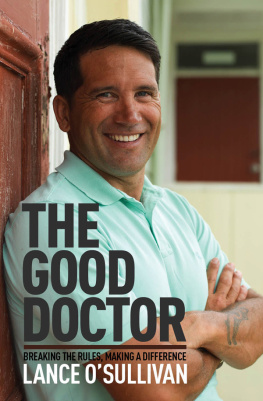
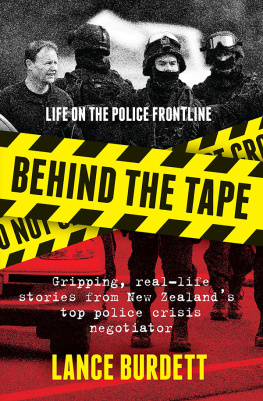
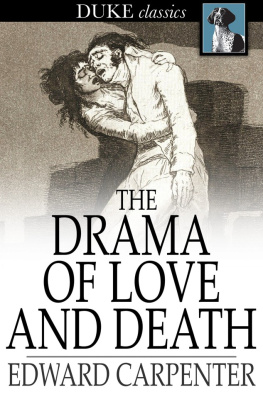
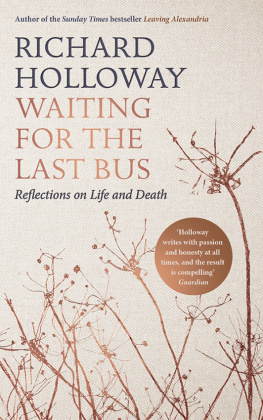
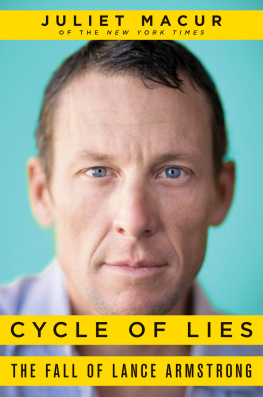
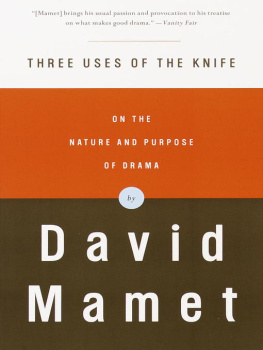
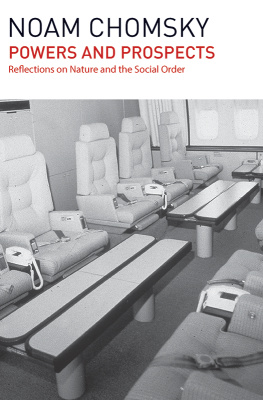
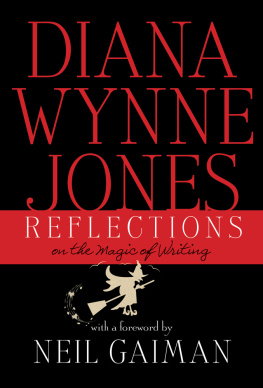



 UNIVERSITY OF TEXAS PRESS Austin
UNIVERSITY OF TEXAS PRESS Austin